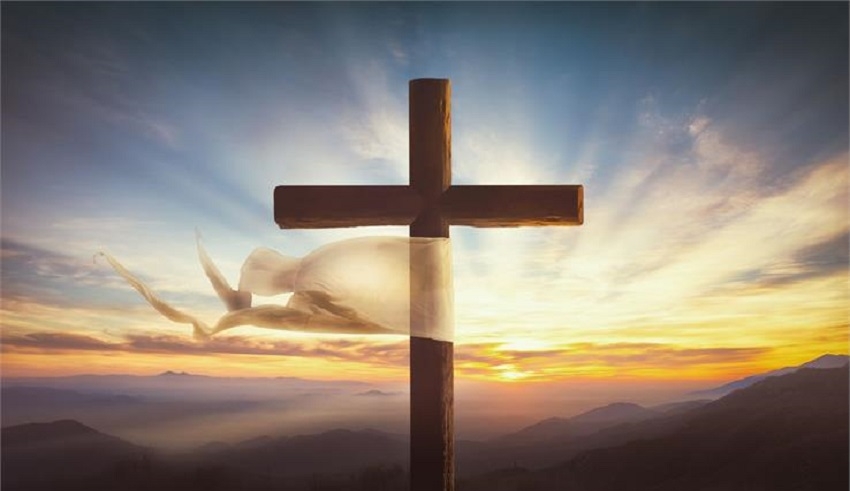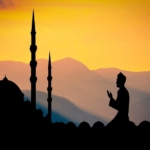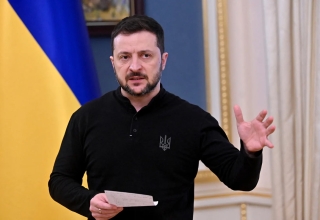
Easter is just around the corner, but those who observe it religiously will remember the season with Good Friday before others all across the world celebrate the celebration.
Holy Week, which starts following the conclusion of the 40-day Lenten season, is the week preceding Easter. Every year, two days before Easter, this week is when Good Friday falls.
Easter is a time when Christians commemorate the resurrection of Jesus Christ, but Good Friday plays a crucial role in the life of Christ that directly relates to Easter celebrations.
According to Gabriel Radle, an assistant professor of theology at the University of Notre Dame, “Good Friday is part of something else.” Although it is unique, it is also a part of something greater.
What is Good Friday?
Christian and Catholic churches celebrate the crucifixion and death of Jesus Christ on Good Friday.
According to Radle, “If Easter is the celebration of Christ’s ascension from the dead, then Good Friday is the day the church remembers everything from his condemnation to his passion.”
Reason for calling it ‘Good Friday’
Good and death don’t typically go hand in hand, but Radle adds that in Christian doctrine, Jesus Christ’s death stands for the redemption of humanity because Easter celebrations would not be possible without what happened on Good Friday.
On the crucifixion, Christ is giving himself up. God’s self-giving on the cross is an expression of his love, but that love does not end there, he added.
It’s not merely that we remember Christ’s suffering for the sole purpose of concentrating on its misery; the suffering served a useful function. God gave the world redemption as a gift, and the resurrection fulfilled that.
How to commemorate Good Friday?
According to Radle, Good Friday is observed around the world by worshipers as a day to reflect on and remember Christ’s death. It should be understood as a human act involving repentance; worshipers should confess their transgressions and declare their allegiance to God.
Keep Reading
On Good Friday, unlike most traditional festivals, Holy Communion, Gospel readings, and cross veneration take place instead of Mass.
When it comes to routine events like the Eucharistic celebration, Radle noted, “there’s almost a liturgical fast.” “Regular occurrences like Good Friday tend to preserve a lot of distinctive traditions with a very long history.”
The 14 “stations” or images represent Christ’s journey from his condemnation through his crucifixion and ultimate death. Worshippers pray and meditate while moving through these “stations” as they follow them. The events of the passion play are reenacted by worshipers in different regions of the world, much like how the birth of Christ is celebrated at Christmas Mass.


























